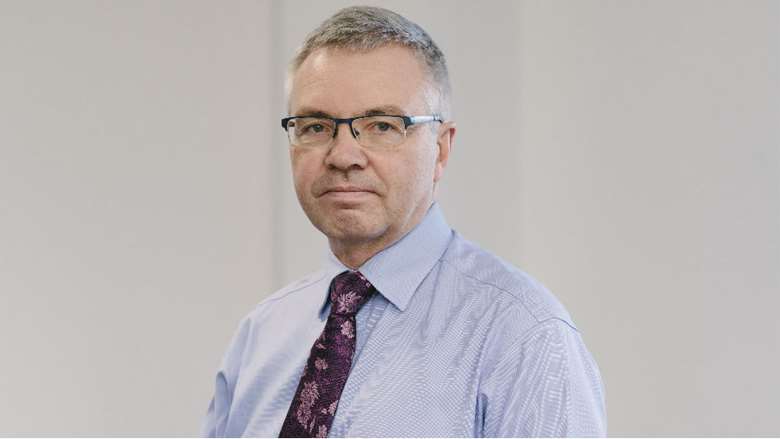Back to school is a rallying cry for all of us
Peter Wanless
Tuesday, September 5, 2023
Far too many children have been absent from school. This is an issue that demands national attention.

While an immediate focus has rightly been placed on the basic safety of our school buildings – the very least teachers, children and their families should expect – there is a wider problem with attendance levels that we must all face up to and act upon.
The start of the new academic year in England marks a fresh start and an opportunity for children to reconnect with their peers and teachers.
It should be a time of nerves, excitement and maybe a little trepidation at what the new term will bring. But for a growing percentage of children these formative experiences risk passing them by. The price could be catastrophic for them personally and for us as a nation.
Numbers missing school remain much higher today than before the pandemic. Last school year, in England, 22 per cent of children were persistently absent (ie missing school 10 per cent or more of the time). That’s double the absence rate pre-pandemic (11 per cent).
Dig a little deeper and you will also find the most vulnerable children are those most likely to be not in school. Children eligible for free-school meals, children with special educational needs (SEN) and children in need have lower attendance rates on average.
Why should this concern us?
Attainment is the obvious answer. We should rightly be worried about the impact absence will have on children’s learning, their future life chances, and employment prospects. But academic achievement isn’t the only worry.
School is, for the most part, a safe place for children; typically it should be a welcoming place where parents are confident their young ones will flourish. When a child is in school, we know where they are, we know they are being looked after by trained staff and we know they have access to vital information about where to go if they need support.
Being in school can also be a protective factor against wider harms, including criminal and sexual exploitation
We saw during lockdown that for too many children, not being seen regularly by professionals like teachers led to harm going undetected and a lack of safe adults for children to turn to for help with worries and concerns.
In December 2021, the then Secretary of State for Education invited me to join the Attendance Action Alliance, set up to understand what is causing persistent school absence and to galvanise stakeholders to tackle it. I accepted because children missing education is a child protection issue, and because I believe the charity sector has a vital part to play in supporting these young people.
We can influence and partner with schools themselves as well as with parents and carers to create the right conditions for many more children to enjoy the benefits of being at school full time.
Once in school, safeguarding professionals can more easily ensure information about a child’s safety and well-being is shared effectively, risks of harm are more likely to be identified and understood, so children and families can appreciate - and hopefully receive - the services they need.
Where children are not in school, because they are persistently missing, or are not registered as in receipt of full-time education, it can be much harder to get a sense of that child’s wellbeing or be able to assess and respond to risks of abuse or neglect.
As schools in England re-open for the new academic year, that ‘back to school’ moment is more important than ever. We know most children end the year the way they start it.
Over half of those who have at least one day of absence in the first week of term go on to become persistently absent. The immediate and future risks to their lives could be significant.
All of us who care about childhood have a crucial role to play in supporting schools to ensure that as many young people as possible are attending from day one.
Each volunteer and professional that interacts with those of school age, or their families, can help and encourage them to attend school regularly, identifying and resolving barriers quickly, because the price of accepting regular absence as an option is far too high for far too many.
I’ll be urging our own practitioners at the NSPCC, across Childline and our local services to encourage and support a set of attendance principles.
Reversing the worrying trend of children missing school is a national priority – the short and long-term welfare of the nation’s children depends on us addressing it.
Sir Peter Wanless is chief executive of the NSPCC




